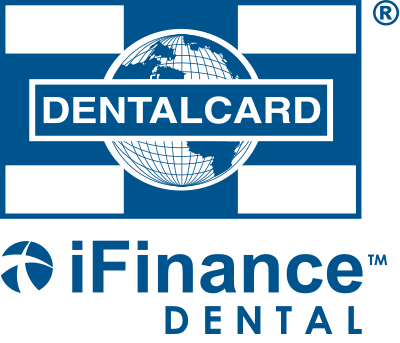Although most people think they know the reasons for proper, daily tooth brushing, few people realize that clean teeth and healthy gums can protect against a variety of general, even life-threatening, health problems. When you don’t brush regularly, harmful bacteria multiply and plaque forms. Combined with sugar, saliva, mucus, and food debris, plaque creates a strong acid substance that eats away protective tooth enamel to cause tooth decay. A downhill slide can result.
Over time, the decay works its way below the enamel to infect tooth dentin, and this can cause pain and kill teeth. Meanwhile, plaque build up on tooth surfaces irritates gums, causing them to pull away from the teeth and expose the sensitive tooth roots. Loose gums form pockets where bacteria can gather. This nasty stuff can destroy the bone that holds teeth secure, resulting in tooth loosening or loss. Finally, chronic gum disease can break down the protective barrier between oral bacteria and your blood stream. This allows bacteria to enter your blood and increases the risk of numerous health problems like heart disease, stroke, respiratory illness, diabetes complications, and pregnancy complications.
THE UPHILL CLIMB
Maintain good oral health by establishing a solid habit of brushing twice daily with a soft toothbrush, using the proper technique and quality fluoride toothpaste, and flossing carefully once a day. What’s the best brushing technique? That depends on your personal dentition, but general guidelines apply to all patients.
First, choose toothpaste with the ADA seal of approval. You should spend at least three to four minutes brushing with a small, soft, angled brush in little, circular motions across all tooth surfaces and the gum line. Cover two to three teeth at a time, applying gentle pressure. Harsh brushing can damage gums and cause painful sensitivity. After brushing your teeth, remember to brush or scrape your tongue to remove germs and bacteria that harm teeth and cause bad breath. Finally, rinse your entire mouth with water and spit out the debris. Brush twice daily or after meals, and floss between teeth once a day.
For more thorough brushing, consider purchasing an electric toothbrush. Some models feature an automatic cut off or warning light that kicks into action when you brush too harshly. Replace your toothbrush every three to four months so that the bristles remain effectively positioned and clean. For fresh breath and further prevention of bad bacteria, follow up with an over-the-counter mouthwash.



